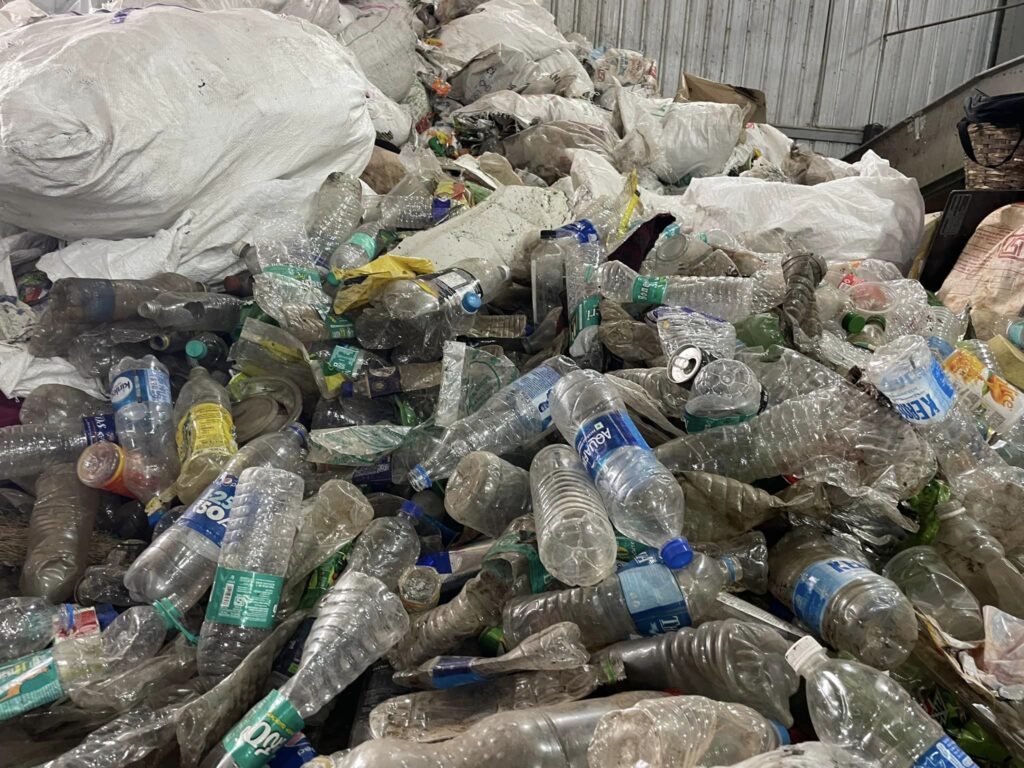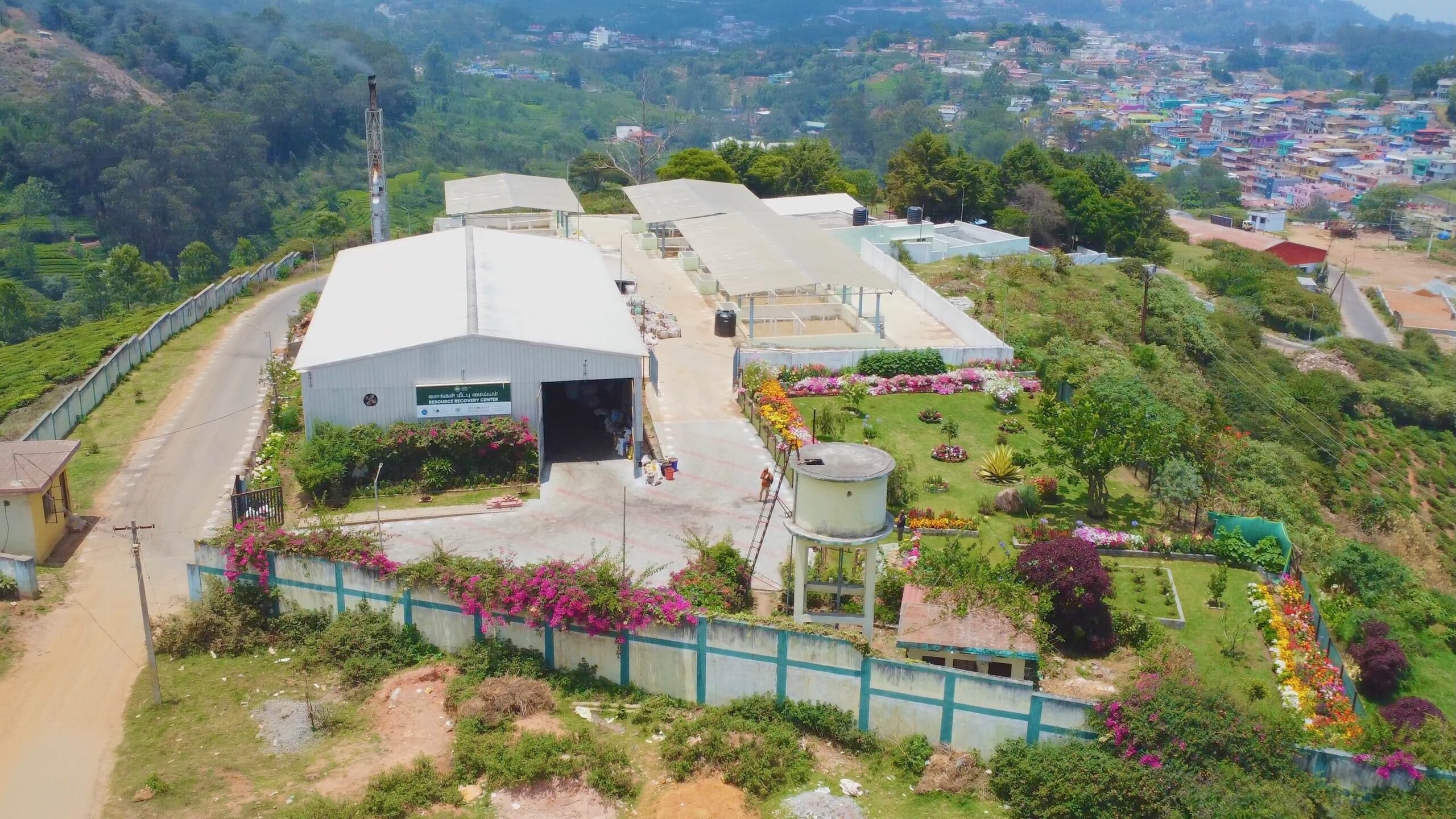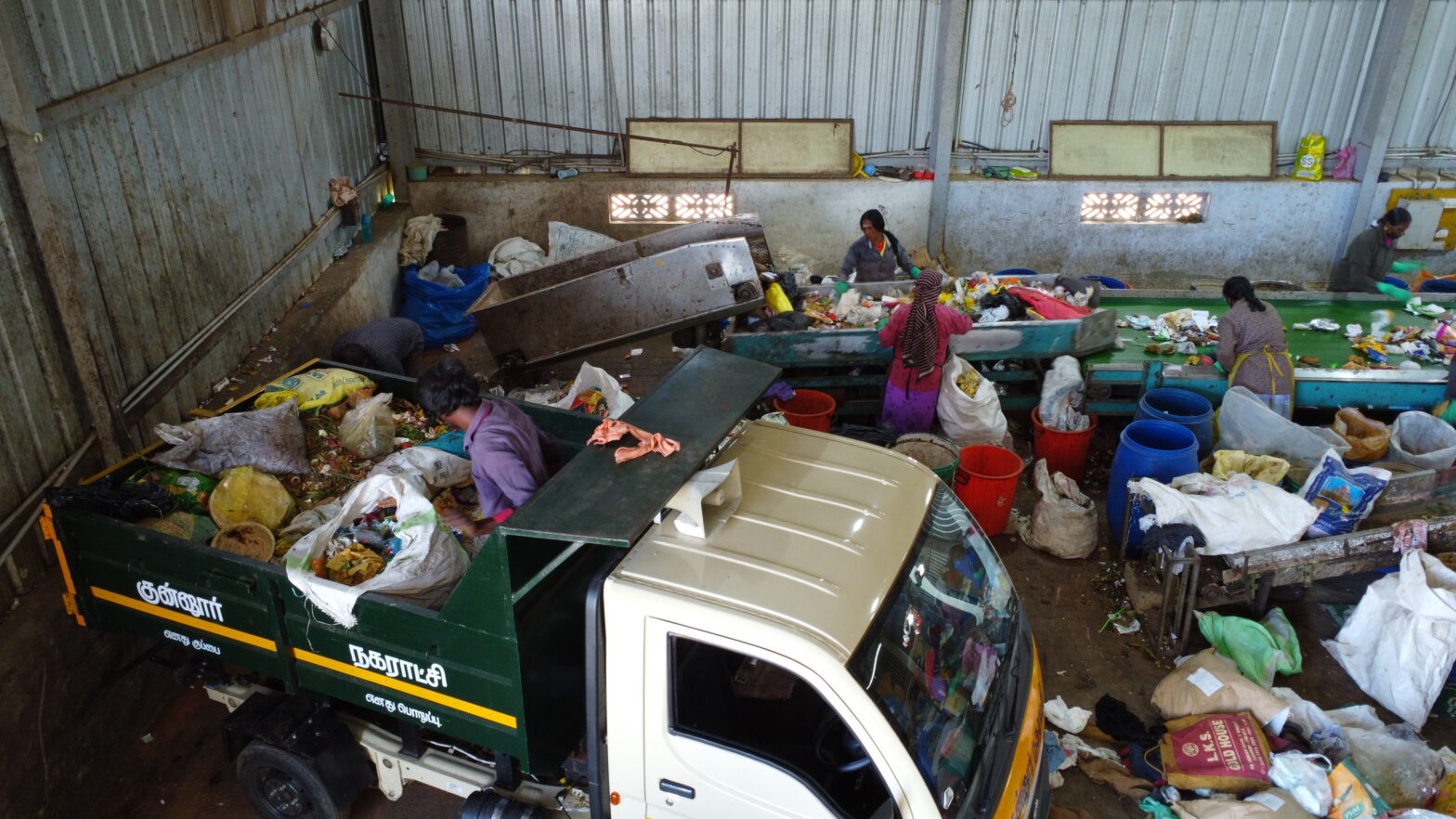Poor waste management – ranging from non-existing collection systems to ineffective disposal -causes air pollution, water and soil contamination. Open and unsanitary landfills contribute to contamination of drinking water and can cause infection and transmit diseases. The dispersal of debris pollutes ecosystems and dangerous substances from electronic waste or industrial garbage puts a strain on the health of urban dwellers and the environment.
The solution, in the first place, is the minimisation of waste.
Where waste cannot be avoided, recovery of materials and energy from waste as well as remanufacturing and recycling waste into usable products should be the second option. Recycling leads to substantial resource savings. For example, for every tonne of paper recycled, 17 trees and 50 per cent of water can be saved. Moreover, recycling creates jobs.
UN Environment Programme


The Need for a Public Private Partnership in Coonoor – The Partnership & the Intervention – The Impact – The Future













